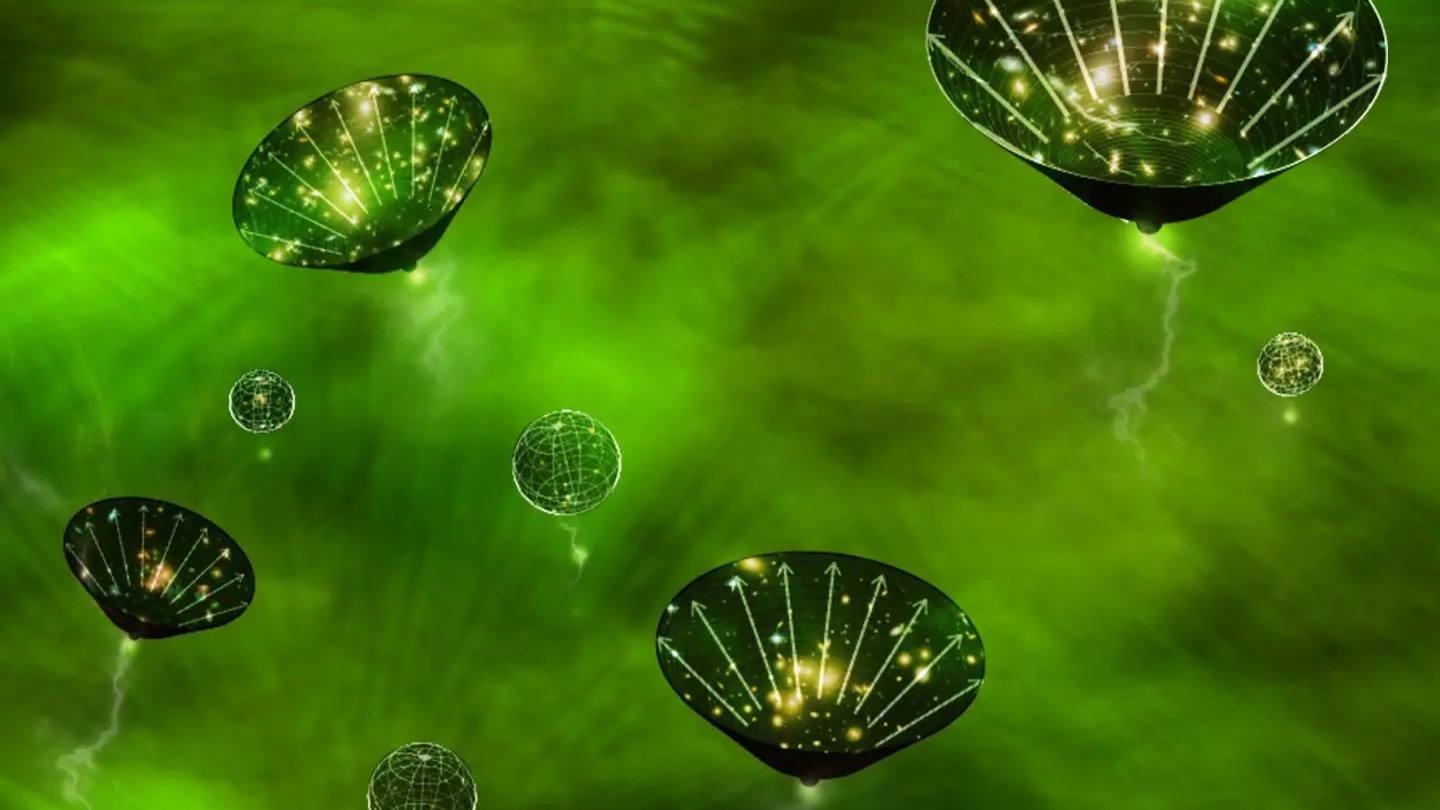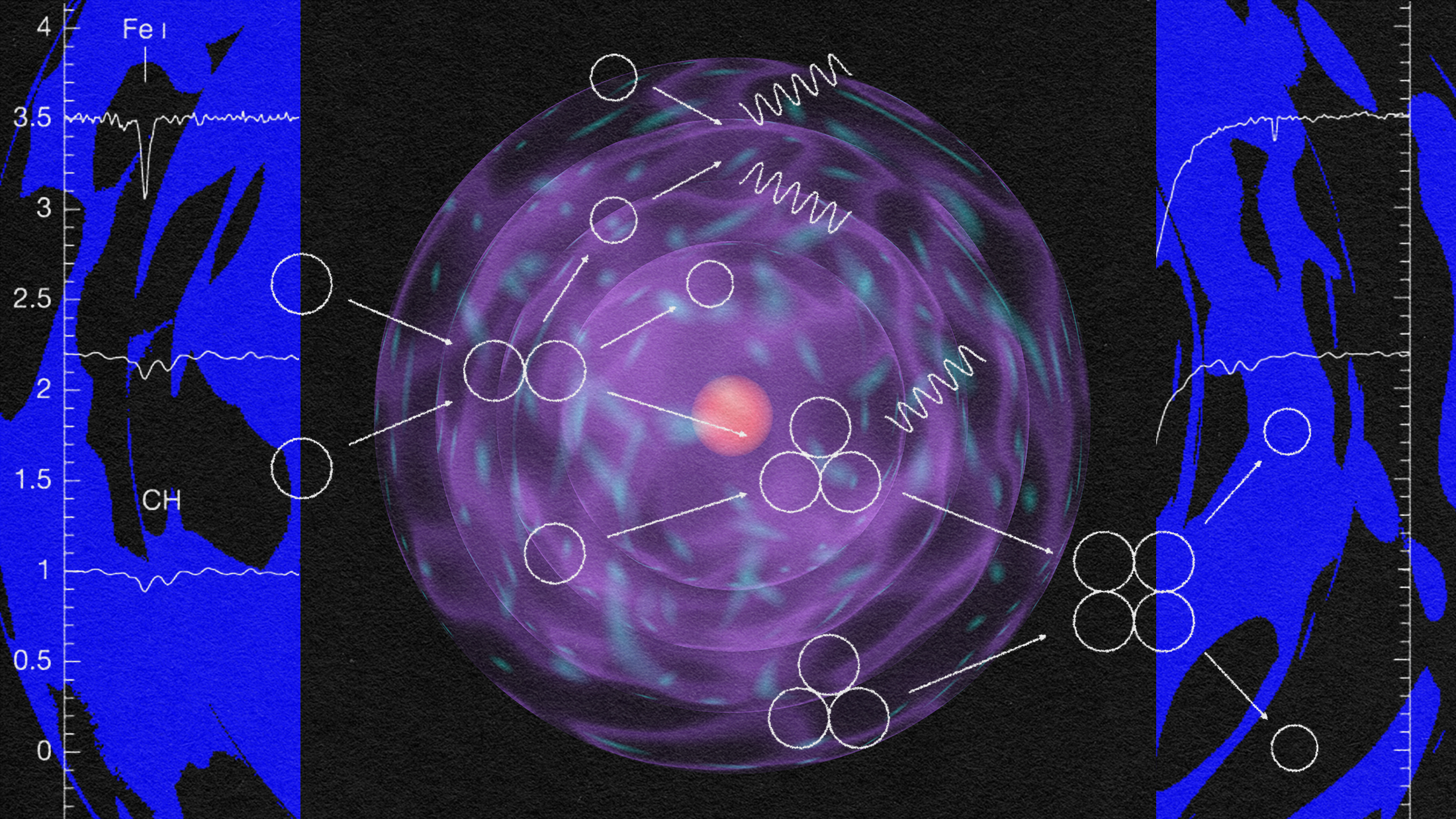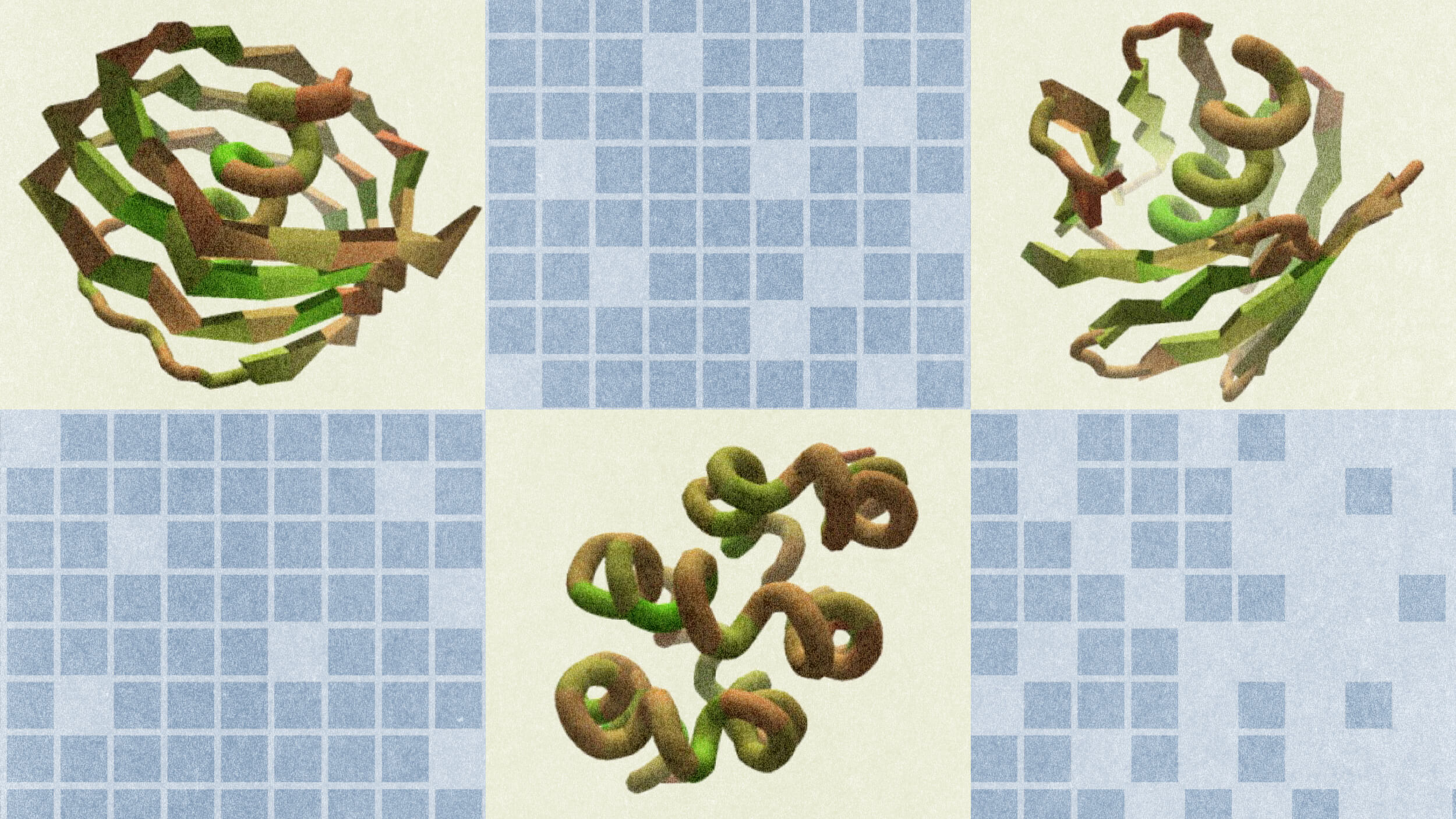Jena Pincott describes cutting edge research on fetal cells and the powerful implications they have for healing.
Jena Pincott: So there is one really fascinating study done recently on hearts. Scientists had induced something like a heart attack in pregnant mice and they found that the fetal cells were swarming to that place of injury in the heart. And there they are actually differentiating. They are turning into heart cells, including the type of heart cells that produce a heartbeat. And this is really amazing and kind of cute in a way too. It's like, you know the fetus is helping mend mom's broken heart.
This is one example of how these fetal cells may actually help repair maternal bodies. Another example is the skin. They found in pregnant women that again that these fetal cells are sort of homing in on places where skin is injured. Or after childbirth, these fetal cells come to the place of injury and actually help restore the integrity and the structure and function of the skin. And very interestingly, pregnant women may scar less than women who aren't pregnant - again because those fetal cells are helping repair and restore that tissue.
I guess the most startling area is the brain. Researchers have induced some sort of brain injury in mice that are moms - and again we see the fetal cells sort of swarming, homing in on the areas of injury - this time producing new neurons in the brains. And this has so many really fascinating implications. I mean again, the science is so new, but if this happens in women - and there is no reason to believe that it couldn't or doesn't - then it might explain all sorts of interesting things. New moms, for instance, there are a lot of behavioral shifts. We become more nurturing, we become more vigilant, our senses sharpen. Maybe, just maybe fetal cells have something to do with that too. We don't know, its all speculation. But it's really fun to think about.
Directed / Produced by
Jonathan Fowler & Elizabeth Rodd





